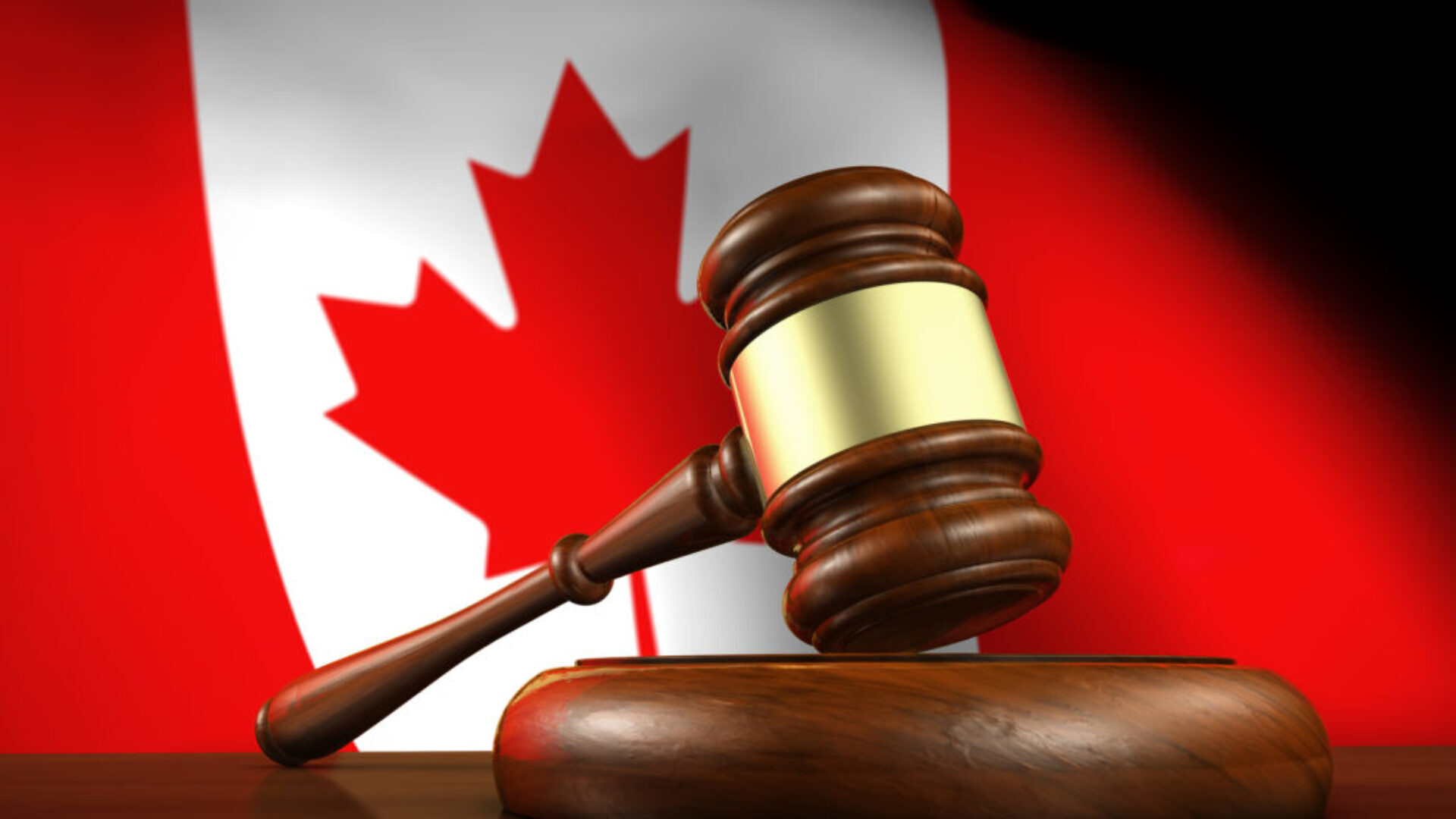Refugee Application in Canada from Russia

Refugee Application in Canada from Russia: The Refugee Application Process for Russians
Introduction
The global refugee crisis has led countless individuals to seek asylum in countries that offer safety and the promise of a better future. Among those seeking refuge, Russians facing political persecution, discrimination, and threats to their safety have turned to Canada as a potential sanctuary. This article delves into the complexities of the refugee application process in Canada, with a specific focus on individuals from Russia. Over this essay, we will explore the reasons Russians seek refuge, the challenges they encounter, and the comprehensive refugee application process they must navigate.
Section 1: Understanding the Plight of Russian Refugees & Refugee Application in Canada from Russia
1.1 Political Persecution
Political persecution and restrictions on freedom of expression in Russia have led to a climate of fear and insecurity for those who oppose the government's policies or advocate for human rights and democratic reforms. Opposition figures, activists, and journalists often face harassment, imprisonment, or worse.
1.2 LGBTQ+ Rights
Russia's restrictive laws and societal attitudes towards LGBTQ+ individuals have created an environment of discrimination and violence. LGBTQ+ individuals in Russia are often at risk of persecution and harm.
1.3 Religious and Ethnic Minorities
Religious and ethnic minorities in Russia, including Jehovah's Witnesses, Muslims, and ethnic minorities in regions like Crimea and the North Caucasus, have faced discrimination and persecution.
1.4 Freedom of the Press
Journalists critical of the Russian government have faced censorship, harassment, and violence. Independent media outlets are often subjected to pressure or closure.
1.5 The Decision to Flee
For many Russians, the decision to flee their homeland is a heart-wrenching one, driven by the desire for safety and protection from political persecution, discrimination, or threats to their well-being. The fear of persecution and a lack of trust in state institutions often prompt their journey to seek refuge.

Section 2: Eligibility Criteria for Refugee Status in Canada & Refugee Application in Canada from Russia
2.1 Well-founded Fear of Persecution
To be eligible for refugee status in Canada, applicants must demonstrate a well-founded fear of persecution based on their race, religion, nationality, political opinion, or membership in a particular social group. For Russians, this means providing compelling evidence of the persecution they face due to political activities, sexual orientation, religious beliefs, ethnicity, or other protected grounds.
2.2 Outside Assistance
Applicants must also establish that they cannot seek protection from their home government or authorities. This can be particularly challenging for Russians, as the government's actions may contribute to the very persecution they seek protection from.
2.3 Exclusion
Certain individuals, such as those involved in serious crimes or security threats, may be excluded from refugee protection. However, each case is examined individually to ensure fairness and justice.

Section 3: The Refugee Application Process & Refugee Application in Canada from Russia
3.1 Inland vs. Outland Applications
Refugee applications in Canada can be categorized as inland or outland applications. Inland applications are made by individuals who are already in Canada, often as visitors or temporary residents, and wish to seek asylum. Outland applications, on the other hand, are made by individuals who are outside of Canada and are seeking refugee status from abroad.
3.2 Completing the Application
Applicants, regardless of whether they are making an inland or outland application, must complete the necessary forms, such as the Basis of Claim (BOC) form. This form requires applicants to provide detailed information about their situation, the reasons for seeking refuge, and the specific grounds upon which they are making their claim.
3.3 Submission
Once the application forms are completed, they must be submitted to the Immigration and Refugee Board of Canada (IRB) or to a designated immigration office, depending on the circumstances of the applicant. Timely submission is crucial, as delays can affect the processing of the application.
3.4 Eligibility Hearing
If the application is accepted, the applicant will attend an eligibility hearing, where an immigration official will determine whether they meet the initial criteria for refugee status. This hearing is a pivotal step in the process, as it sets the stage for the subsequent refugee hearing.
3.5 Refugee Hearing
Assuming the applicant is deemed eligible, they will proceed to a refugee hearing. During this hearing, they have the opportunity to present their case, provide evidence, and share their personal experiences to support their claim for refugee status. The IRB will evaluate the evidence, consider country conditions, and make a decision based on the applicant's well-founded fear of persecution.
3.6 Decision
The final decision on whether to grant refugee status lies with the IRB. The decision-making process involves a careful examination of the evidence presented, the credibility of the applicant, and the prevailing conditions in the applicant's home country. If refugee status is granted, the applicant gains the right to live and work in Canada and access essential services.

Section 4: Challenges and Considerations for Russian Applicants & Refugee Application in Canada from Russia
4.1 Documentation Challenges
Many refugees may not possess proper documentation due to the urgency of their flight from their home countries. Lack of identification and supporting documents can complicate the application process, but applicants are encouraged to provide any evidence they have, such as affidavits, witness statements, or photographs.
4.2 Navigating the Legal System
The refugee application process in Canada can be daunting, especially for those who are unfamiliar with the legal system. It is strongly recommended that applicants seek legal representation or assistance from organizations like the Canadian Council for Refugees or local immigration legal clinics. Legal professionals can guide applicants through the process, help them compile evidence, and ensure they are well-prepared for their hearings.
4.3 Mental Health and Well-being
The journey of seeking refuge and navigating the application process can take a toll on the mental health and well-being of applicants. It is crucial for support systems to be in place to address the emotional challenges and trauma that many refugees have experienced. Access to mental health services and community support can make a significant difference in their resettlement and integration in Canada.
Section 5: Conclusion and Canada's Commitment to Human Rights & Refugee Application in Canada from Russia
Canada's commitment to providing a safe haven for those fleeing persecution and discrimination aligns with its strong emphasis on human rights and humanitarian values. The refugee application process, while complex, is designed to uphold fairness and justice, ensuring that those who genuinely fear persecution find refuge and protection. For Russians and others facing similar challenges, the process may be arduous, but the hope of a better future and the promise of safety in Canada continue to inspire their journey to seek refuge and build new lives. Canada's unwavering commitment to offering a fresh start to those in need underscores its role as a leader in refugee protection and resettlement.
In case, if you need legal Assistance for Refugee Application in Canada from Russia or other countries, please fill in Application below and we will get back to you shortly.


